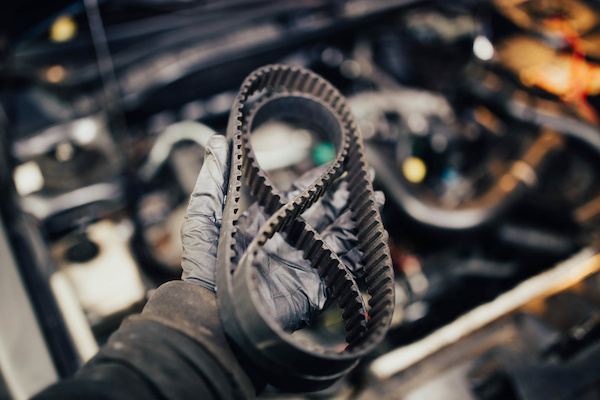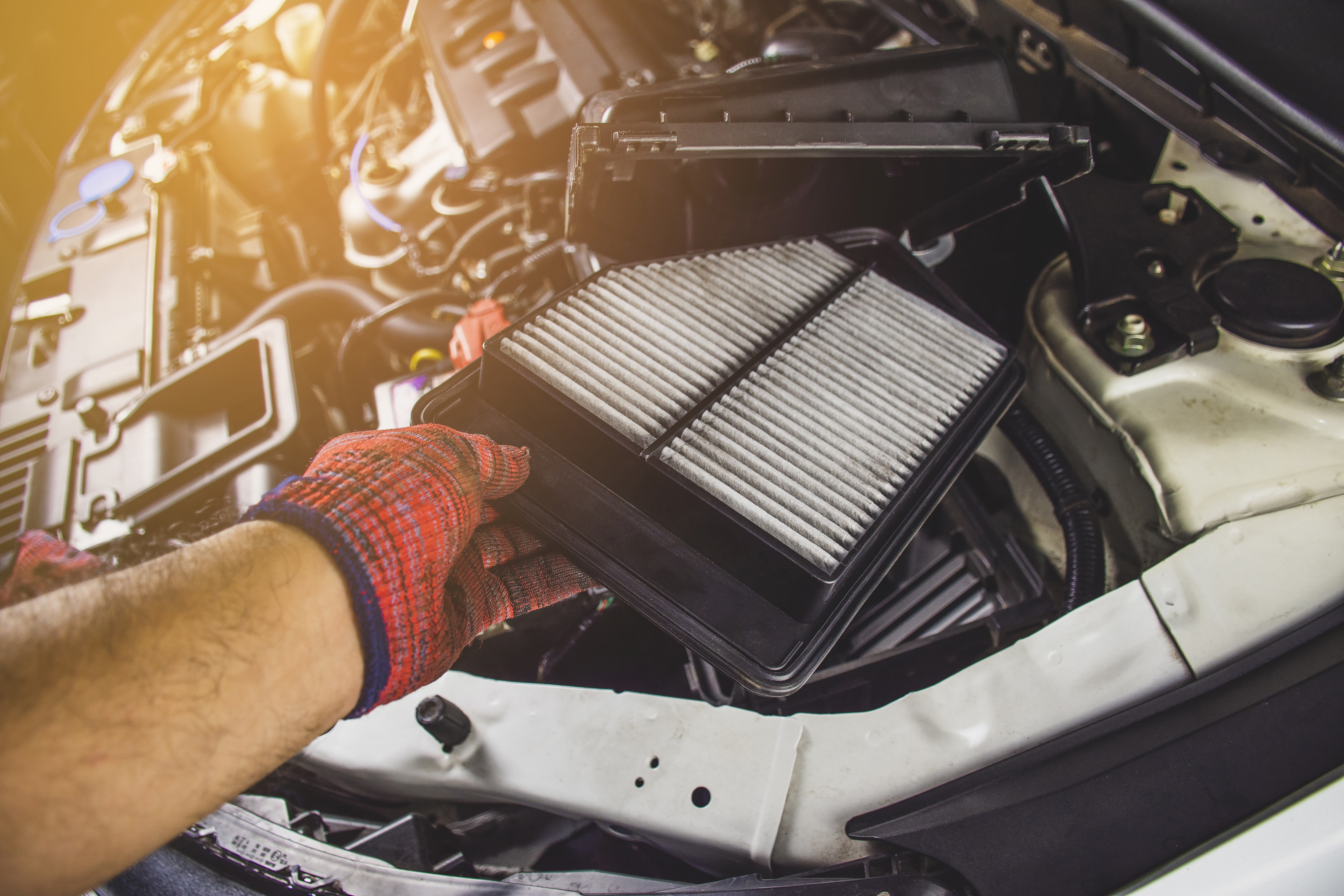Posted on 2/25/2022

Your timing belt plays an essential role by syncing up the crankshaft and camshaft rotation in your vehicle's engine. Without the timing belt, you will not achieve proper combustion to get your car moving. Because this component is made of rubber, it wears down due to high temperatures and pressures over time. If neglected, it can break and cause extensive damage. Knowing when to replace it will save you from repair costs and an inconvenient breakdown, so when is a good time for you to replace them? Some manufacturers recommend replacing it as little as 60,000 miles, while some say every 100,000 miles. Because the interval can vary from vehicle to vehicle, you should follow the number listed in the owner's manual. Besides mileage, there are other factors to consider when determining the timeframe of changing your timing belt. You should be on the lookout for the following signs of a worn timing belt: Engine misfires Ticking or other unusual engine noises Ro ... read more
Posted on 1/31/2022

Your engine air filter plays a significant role in supporting engine performance by acting as a barrier between the air intake system and important engine components. Every day, the air filter blocks out the nasty dirt, bugs, leaves, dust, and other contaminants that could harm your car parts. Over time, you can expect it to get very dirty and require replacing. Below are some of the adverse effects of running with a clogged engine air filter: A drop in miles per gallon (MPG) Loss in acceleration power Rough idling Lit check engine light Unusual scents Loud engine sounds Engine misfires Dark exhaust smoke If you notice your vehicle showing these warning symptoms, it may help to check on your engine air filter. Mechanics typically suggest checking on it every 6,000 miles or oil change. Moreover, it would be best if you usually replaced it every 10,000 to 15,000 miles. If you operate your car, SUV, or truck in more dusty conditions or frequently partake in stop-and ... read more